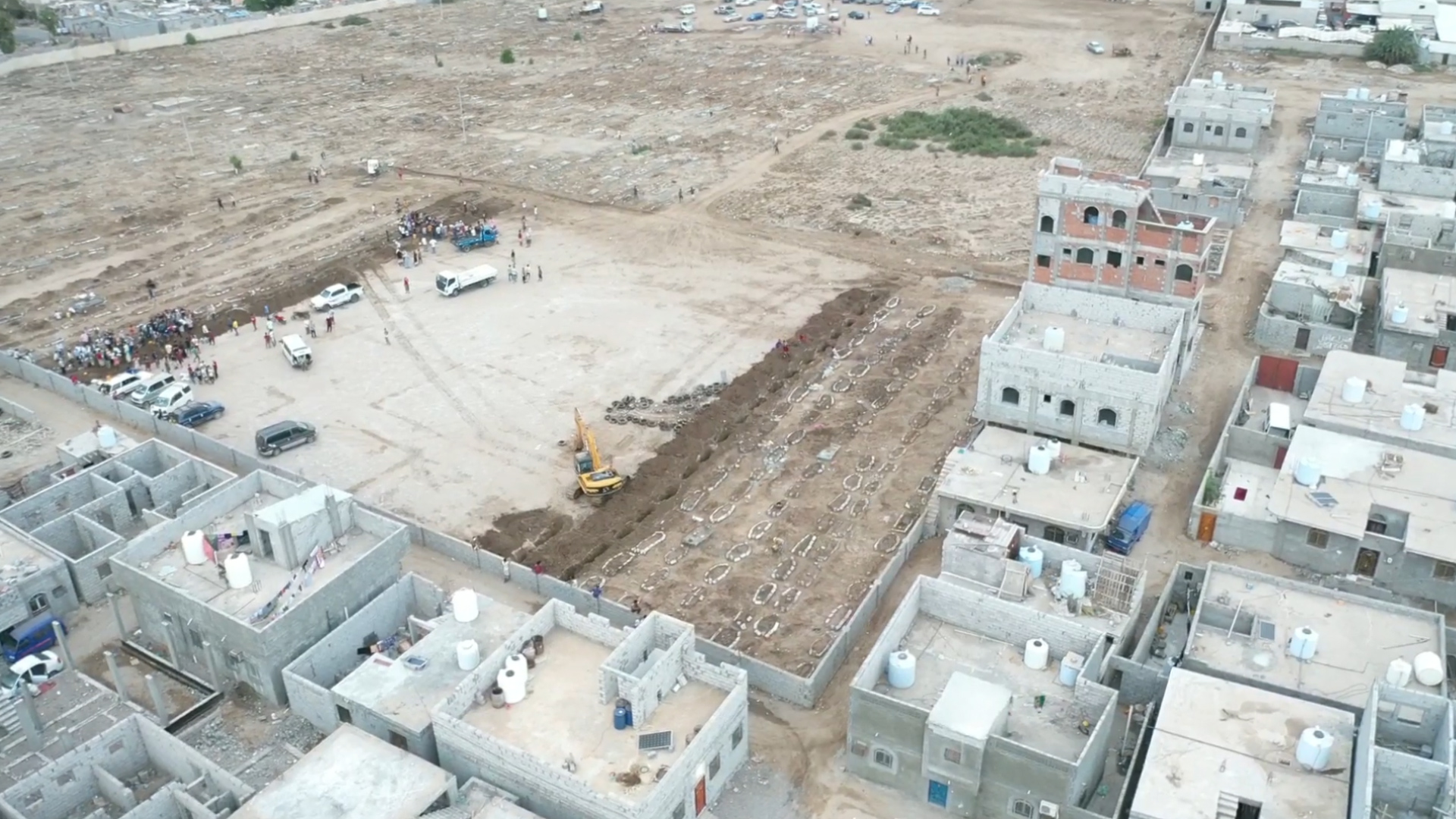Amnesty accuses Egypt of ‘torture’ in solitary confinement


Amnesty International on Monday accused Egypt of keeping prisoners behind bars on politically motivated charges in prolonged solitary confinement and subjecting them to physical abuse, saying the practice amounts to torture.
“Under international law, solitary confinement may only be used as a disciplinary measure of last resort, but the Egyptian authorities are using it as a horrifying extra punishment for political prisoners,” said Najia Bounaim, Amnestys North Africa campaigns director, according to Amnesty International UK.
"Dozens of detained human rights activists, journalists and members of the opposition held in solitary confinement are being targeted with horrendous physical abuse," the human rights group said in a summary of a 56-page report.
Five years in prison for "insulting" #Sisi on her facebook page….
the fate of journalist Sarah Zaidan. She complains of mistreatment in prison #Egyptpic.twitter.com/QMu5adraYU— هيفاء خلف الله (@haifaa_k) April 30, 2018
Amnesty's investigation "reveals that prisoners detained on politically motivated charges are being held in prolonged and indefinite solitary confinement in Egypt – at times for several years – which in and of itself amounts to torture.
"They are locked in their cells for 24 hours for weeks at end, denied any human contact and kept in horrific cell conditions."
The London-based group said it documented 36 cases of prisoners being held in prolonged and indefinite solitary confinement.
It said they are allowed up to an hour of excercise daily but are barred from contact with other prisoners as well as denied family visits on a regular basis.
Prison conditions
“Prison conditions in Egypt have always been bad, but the deliberate cruelty of this treatment shows the wider contempt for human rights and dignity by the Egyptian authorities,” Bounaim said.
"Due to the seriousness of the findings, Amnesty International submitted a memorandum containing a summary of this research to the Egyptian authorities on 16 April. No response has been received," Amnesty said.
Thousands of people, mostly Islamists but also secular dissidents, were rounded up after the military overthrew Islamist president Mohamed Morsi in 2013.
Morsi's overthrow, after millions took to the streets demanding his departure, unleashed a bloody crackdown on his followers.
The government has repeatedly denied systematic rights abuses and says there are no political prisoners in its jails.
[contf]
[contfnew]

middle east eye
[contfnewc]
[contfnewc]




